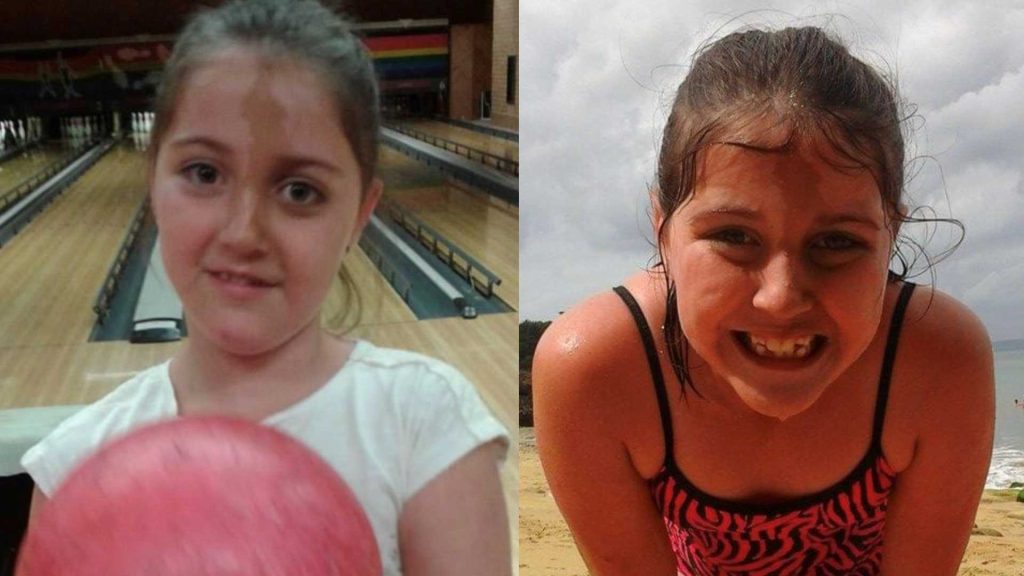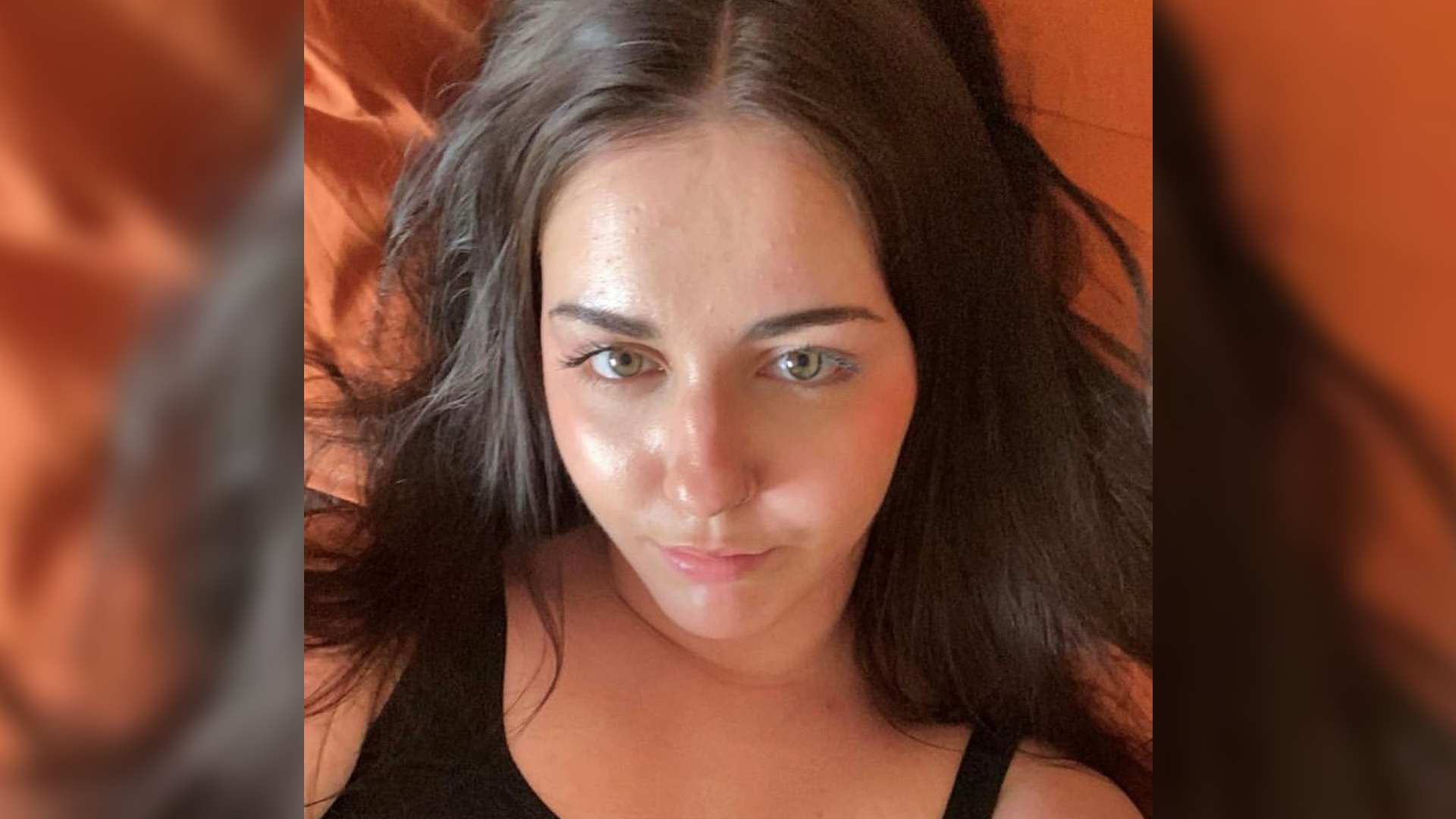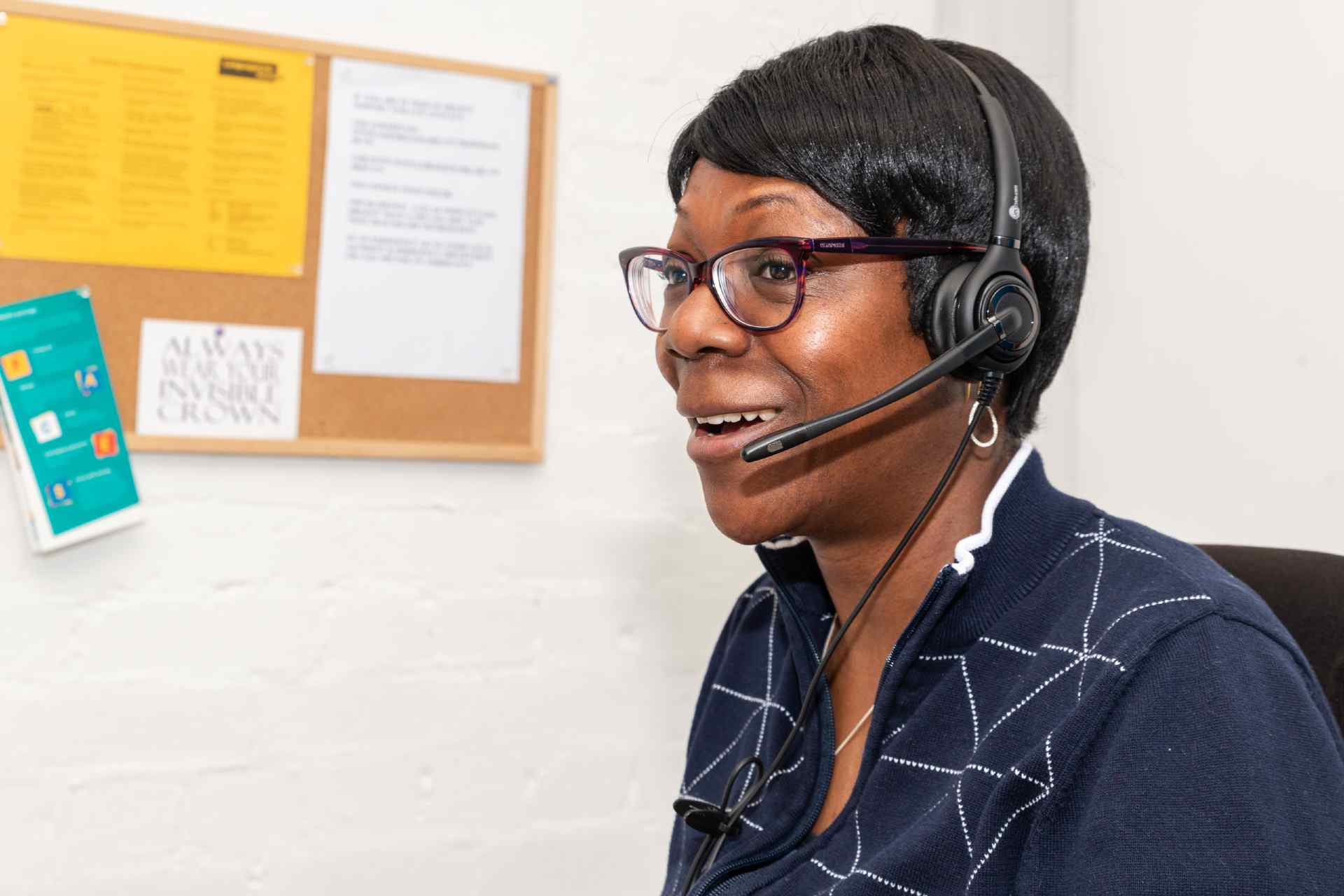I’m Molly and I was born with a birthmark that covers a significant amount of my face. Growing up in a small town in Wales where everyone knew each other, meant I often received comments about it. When I started high school, I became particularly aware of the way I looked, and my confidence began to slip.
Luckily, I never received any direct bullying surrounding my birthmark, but I have received several inappropriate comments, which have made me feel uncomfortable. I have had boys tell me that I would “look better without it” and ask “why don’t you just cover it with makeup?” This made me feel quite self-conscious.
People often get far too comfortable and love to tell me that it reminds them of spilt coffee, patchy fake fan etc. Over the years, I’ve struggled a lot mentally to accept the fact that I look different to my friends, never receiving as much attention from boys, and hating every photo taken of me. As I got more aware of my self-image, I spiralled significantly and was constantly aware of every picture taken, every new person I met, and every social setting I was in.

Molly as a child
I would constantly worry about whether everyone was judging me for my facial difference. Makeup became my safety net, and I would feel a lot of anxiety meeting new people or going out without any makeup on – sometimes I still do, but I am trying to put my bare face out there more!
Thankfully, I came across Changing Faces online and it enabled me to see that there are other people that struggle with the same feelings I do. In turn, it has allowed me to become a lot more confident in myself and care less about what people think about me.
Now when I wear makeup, I’m wearing it for me, not just to avoid people noticing my birthmark. I have always enjoyed makeup and I want it to be fun for me, rather than being something to hide an insecurity.
It’s extremely difficult as a teenager growing up in a society filled with beauty standards, but what you have to realise is that nobody has a “perfect” face.
My birthmark has faded over the years, but in certain lightings and angles it does become more noticeable, and I’m learning to accept that.
There needs to be more awareness and openness – especially in rural communities – about how much having a facial difference can affect your mental health and what is appropriate to say to someone with a visible difference. I’m lucky enough to have loving friends and family, who treat me just like they’d treat anyone else. While they might not understand exactly what I experience, they are there to listen and support me. However, not everyone has got that and it’s heart-breaking to me, knowing first-hand how debilitating self-image can become.
The best advice I can give to anyone with a visible difference is to embrace it. It’s extremely difficult as a teenager growing up in a society filled with beauty standards, but what you have to realise is that nobody has a “perfect” face – difference is everywhere, and it does not make you any less beautiful.

